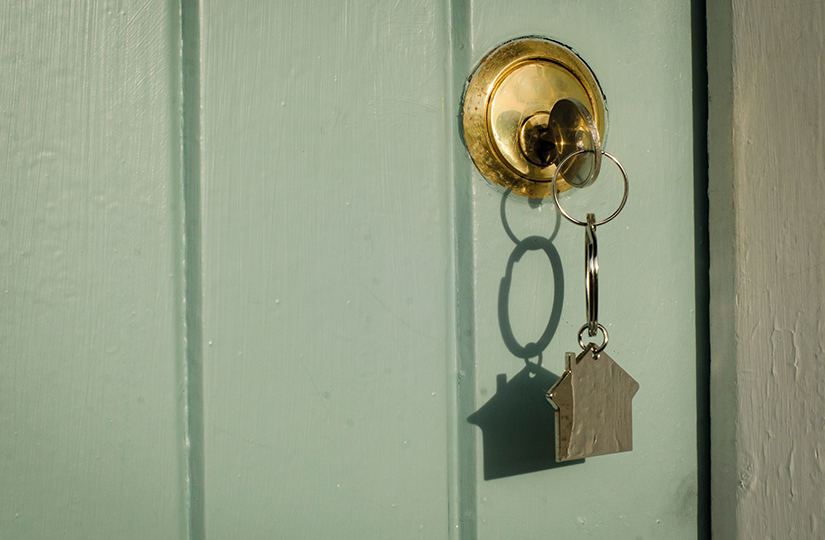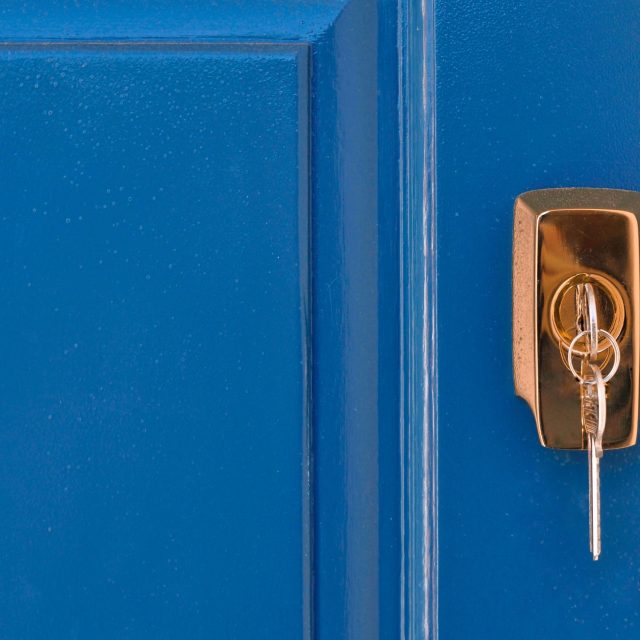Revisiting the Renters’ Reform Bill
The Renters’ Reform Bill may have been stuck on the back burner for the past three years, but it was put back into play by the 2022 Queen’s Speech, with significant implications for landlords and tenants. The proposed Bill is intended to transform the Private Rented Sector (PRS) in England through a series of reforms to deliver a better and fairer rental market.
Proposed changes include reinforcing landlord and tenant rights and obligations, as well as aiming to reduce the number of poor-quality houses currently being let out.
Key changes that landlords and lettings agents can expect:
- Abolishing Section 21 ‘no fault’ evictions – Landlords will no longer be able to serve notices unless they have valid ground for repossession, under ‘reasonable circumstances’. These will be defined by law but are likely to include where a landlord wishes to sell the property or if they or a close family member wishes to move into it. This change aims to improve security of tenancy for tenants. The tenant’s notice period will be set at two months (currently usually one month), to give more time for landlords to find new tenants and minimise rental income losses.
- Stronger grounds for landlords to evict tenants through Section 8 – Landlords will be able to regain possession of their properties where necessary (i.e. when tenants are not paying rent and/or show anti-social behaviours)
- Applying the Decent Homes Standard (DHS) to privately rented homes – This aims to reduce the number of non-decent homes being privately rented around the country, improving housing quality. The government has set the objective of halving the number of non-decent homes by 2030. Local councils will be given powers to enforce the DHS.
- Introduction of a new ombudsman for private landlords to handle disputes before going to court – All private landlords will be required to join the Ombudsman scheme. It will strengthen the ability of tenants to hold landlords accountable with regards to their conduct and legal responsibilities. Any landlord that fails to join the Ombudsman scheme will put themselves at risk of facing enforcement action by local councils.
- New Property Portal set up to help landlords understand their obligations and provide access to key information for tenants and local authorities. Landlords will be legally required to register their property on the portal.
A number of these proposals will be very familiar. A Renters’ Reform Bill was first announced by the government in 2019 but the plans have been subject to a series of delays because of the pandemic.
In June 2022, the government published a White Paper – A fairer private rented sector – which ties in with the Bill. It is worth noting that the reforms of the private rented sector as set out in the White Paper have a wider focus than simply tackling the question of the rights and obligations of landlords and tenants.
For example, it is acknowledged that most private landlords do take their responsibilities seriously and treat their tenants fairly. However, the government clearly states that although improvements have been made over the past decade, over a fifth of privately rented homes (21%) are currently considered non-decent, and 12% have serious ‘Category 1’ hazards, posing an imminent risk to renters’ health and safety. This has a significant financial impact on the National Health Service as health problems associated with poor living conditions in non-decent housing costs £340m every year.
The Bill is at very early stages and will need to pass through the various stages in the House of Commons and House of Lords before it becomes law. As such, all the proposals could be subject to change. Landlords are advised to wait until the details are confirmed before deciding if, or how, they wish to respond.
If you would like to know more detail about the proposals, contact Sarah Roberts.






